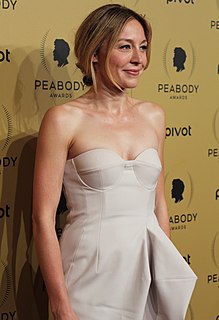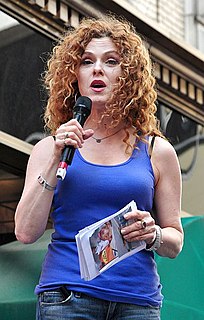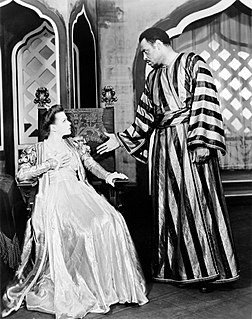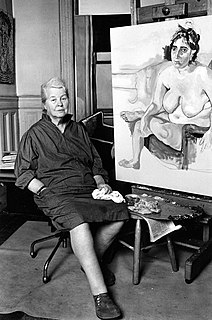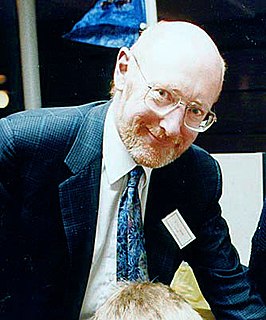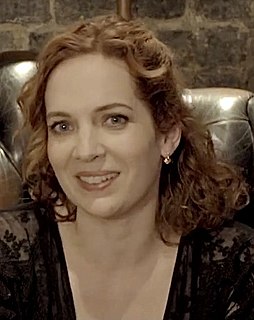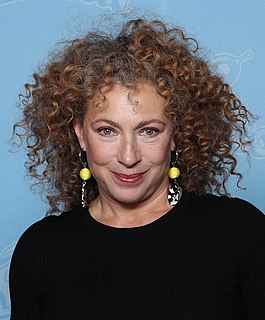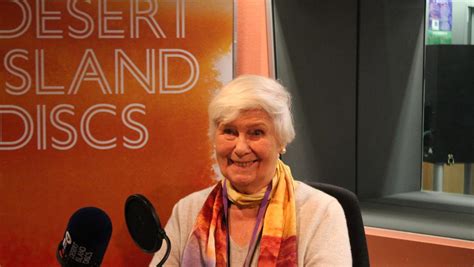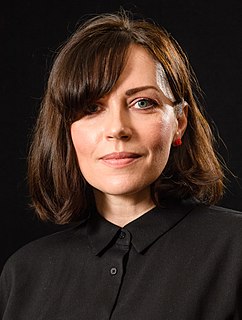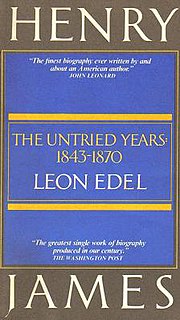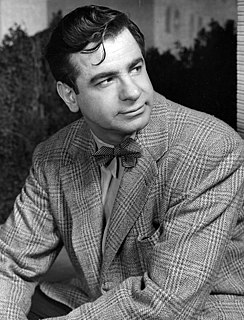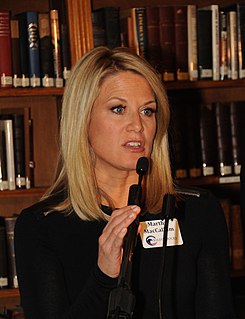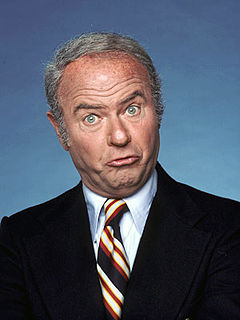Top 137 Chekhov Quotes & Sayings
Explore popular Chekhov quotes.
Last updated on April 14, 2025.
All of modern acting comes from Stanislavski, who was the Russian partner to Chekhov. When Chekhov was writing his plays, Stanislavski was running his theater. And Stanislavski really was the first inventor of modern acting and then everything that came out of the method and Stella Adler and the great teachers really came out of him.
I really like the stuff that is very absurd and very real at the same time. I think Anton Chekhov is the greatest comedy writer of all time. I think he would make a great addition to The Office staff. If you look through Chekhov plays there is a lot of awkward pauses in there. His mixture of pathos, absurdity, truthfulness and whimsy is just mixed together perfectly.
According to Chekhov," Tamaru said, rising from his chair, "once a gun appears in a story, it has to be fired." "Meaning what?" "Meaning, don't bring unnecessary props into a story. If a pistol appears, it has to be fired at some point. Chekhov liked to write stories that did away with all useless ornamentation.
I think that maybe happy families don't need stories the way unhappy families need stories. Maybe they're too busy living that they don't actually step back and talk about life like the Anton Chekhov quote. I prefer Anton Chekhov to Lev Tolstoy, and the reason is because of what he leaves out. Sometimes I think Tolstoy had a theory that he was proving and he proved it. Chekhov is more ambiguous.
Chekhov's stories are about the moment that a life goes off the rails and the price that will be paid - forever. That's a typical Chekhov story for you. Something that you're used to lying in bed worrying about at four in the morning, before you have the psychic defenses to kid yourself and tell yourself to get up and shower and go to the office.


